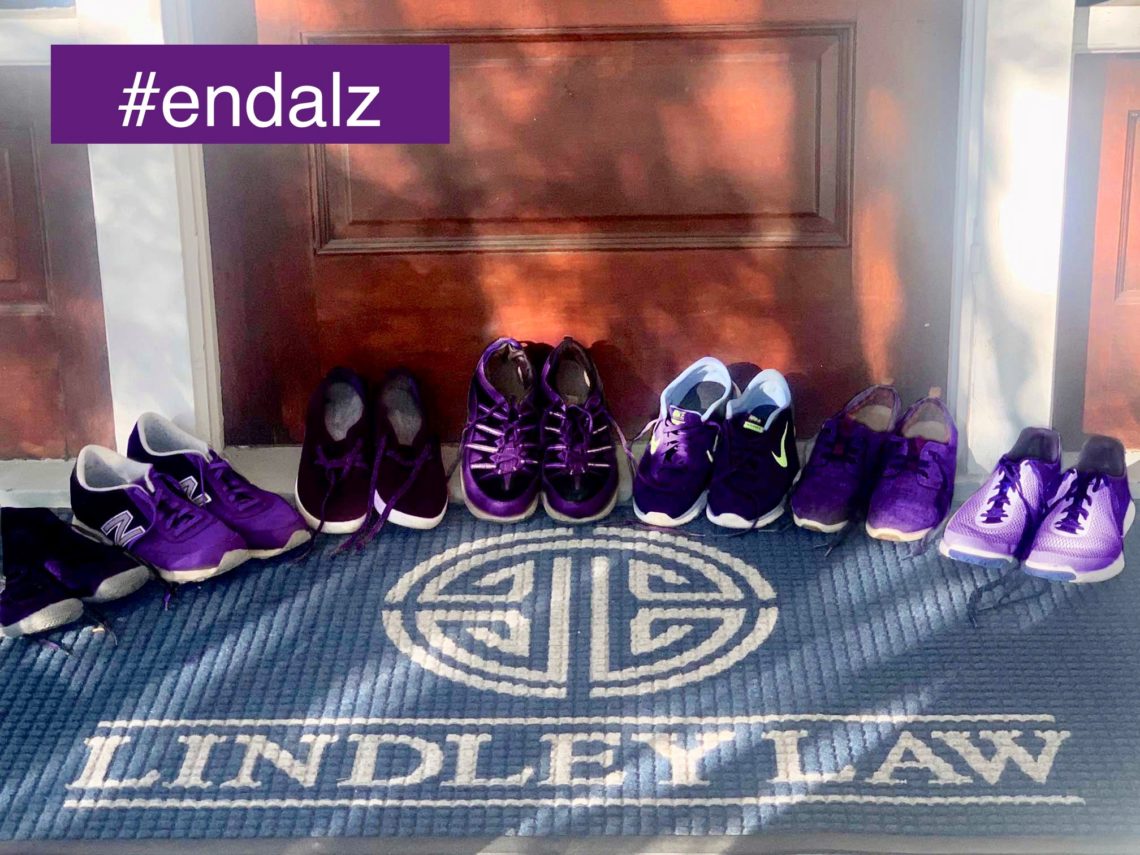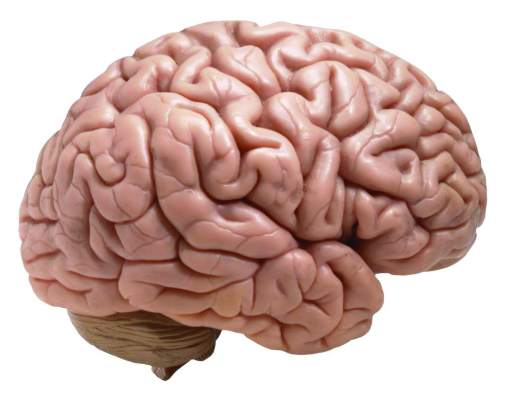The Federal Trade Commission issued a warning that nursing homes in several states are trying to require their Medicaid residents to sign over their stimulus checks. However, according to the CARES Act, these payments are tax credits, and tax credits do not count as “resources” for the purposes of federal benefits programs like Medicaid. Individuals who reside in long term care facilities typically manage their own money or appoint another person to handle their financial affairs. The stimulus funds are to be handled as any other resident benefits. Since stimulus payments do not count as income, they do not affect Medicaid eligibility or qualify as a Medicaid resource. The FTC…
-
-
2019 ALZHEIMER’S ASSOCIATION WALK TO END ALZHEIMER’S®
On Saturday, November 2, Lindley Law completed the 2019 Walk to End Alzheimer’s® in Charlotte, North Carolina. It was a wonderful opportunity to reflect on the many people affected by the disease and to celebrate the efforts to find a cure. Our firm is also proud to announce it exceeded its $5,000 fundraising goal by raising $6,252! Thank you to all who donated. With your help, we are that much closer to finding a cure.
-
LINDLEY LAW WILL PARTICIPATE IN THE 2019 ALZHEIMER’S ASSOCIATION WALK TO END ALZHEIMER’S ®
On November 2, 2019, Lindley Law will participate in the Alzheimer’s Association Walk to End Alzhiemer’s ®. This will be the second year we participate in the Charlotte walk, one of more than 600 nationwide, to raise awareness and money for Alzheimer’s. A significant portion of our practice is devoted to protecting the elderly and those suffering from all forms of dementia, including Alzheimer’s, from fraud schemes and elder abuse. This is an issue near and dear to our hearts, and we are excited to make a positive impact! Our firm set a fundraising goal of $5,000 to go toward research, care, and support. If you wish to donate, please…
-
Sandra Day O’Connor’s Dementia Diagnosis Forces Her to Retire from Public Life
Sandra Day O’Connor, former Supreme Court Justice, released a letter October 23, 2018 revealing that she was diagnosed with early stage dementia (likely Alzheimer’s Disease). O’Connor plans to remain in Phoenix, AZ surrounded by her friends and family. O’Connor was the first female Supreme Court Justice of the United States. She served from 1981 until 2006 when she retired to care for her late husband who was suffering from Alzheimer’s. Due to her diagnoses, which she stated came “some time ago,” O’Connor will be taking steps to remove herself from the public eye. O’Connor was awarded the Presidential Medal of Freedom in 2009 in acknowledgement of her accomplishments over the…
-
The Buzz About Aldrin’s Competency
On June 7, 2018, Buzz Aldrin, Presidential Medal of Freedom recipient and the second man to walk on the moon, filed a lawsuit against two of his children, Andrew and Janice Aldrin, and his former business manager, Christina Korp. The lawsuit responds to a May 2018 Florida Court filing in which Andrew Aldrin, Janice Aldrin, and Christina Korp requested appointment as Buzz Aldrin’s legal guardians due to Buzz’s “cognitive decline” and his recent episodes of paranoia and confusion. Buzz Aldrin’s lawsuit claims Andrew Aldrin and Christina Korp took control of his “personal credit cards, bank accounts, trust money, space memorabilia, space artifacts, social media accounts, and all elements of the…
-
Beware of the Summertime Grandparent Scams
With school out and college kids exploring the world, so-called “Grandparent Scams” are on the rise. These insidious scams prey on the reputation of grandparents as willing to help their grandchildren and the possibility that their memories might be weakened by age or illness. Elder abuse scams, like this one, result in over $35 billion lost each year. How they work: Scammers employ several methods to find their victims. Stereotypically old-fashioned names in a phone book are used as targets, as well as folks on lists for certain publications or services that cater to the elderly. Once the…
-
Four Legal Documents Dementia Patients Should Have in Place
A diagnosis of dementia, which includes Alzheimer’s disease and other memory loss and/or cognitive reasoning disorders, is potentially devastating for both the patient and their family. Following a dementia diagnosis, it is important to execute these four essential planning documents to avoid further hardship in the form of costly court battles. (1) Durable Power of Attorney – A durable power of attorney allows the diagnosed person (the “principal”) to appoint another person (the “power of attorney”) to act on the principal’s behalf if and when the principal becomes incapacitated. A power of attorney can have a wide range of authority and discretion, from paying bills to selling…
-
Rule 11 Sanctions and Incompetency Proceedings
In Re Cranor began as a straightforward incompetency proceeding, but devolved into a Rule 11 battle between two North Carolina attorneys.[1] The proceeding centered on a woman named Carole Cranor. Because of her early onset dementia, Carole had difficulty preparing meals for herself, suffered dehydration, and sustained a fall due to her diminished mental capacity. As such, she hired a friend and attorney, Harriet Hopkins, to help her choose a long-term care facility and get her affairs in order. Despite a falling out over their mother’s estate some years back, Frank, Carole’s brother, intervened when he realized Ms. Hopkins drafted a durable power of attorney (“DPOA”)…





